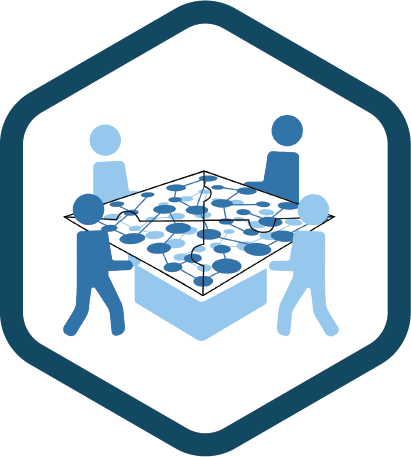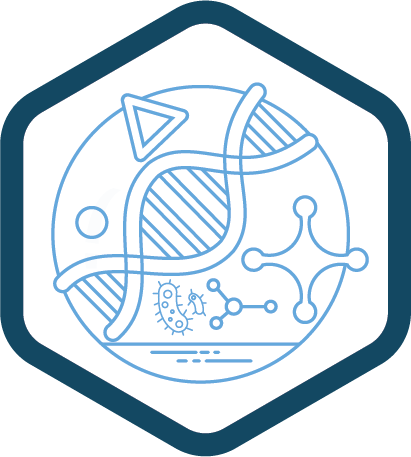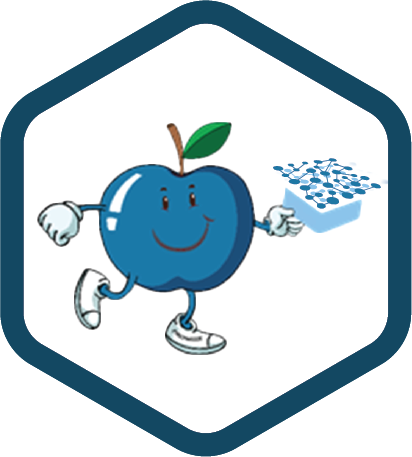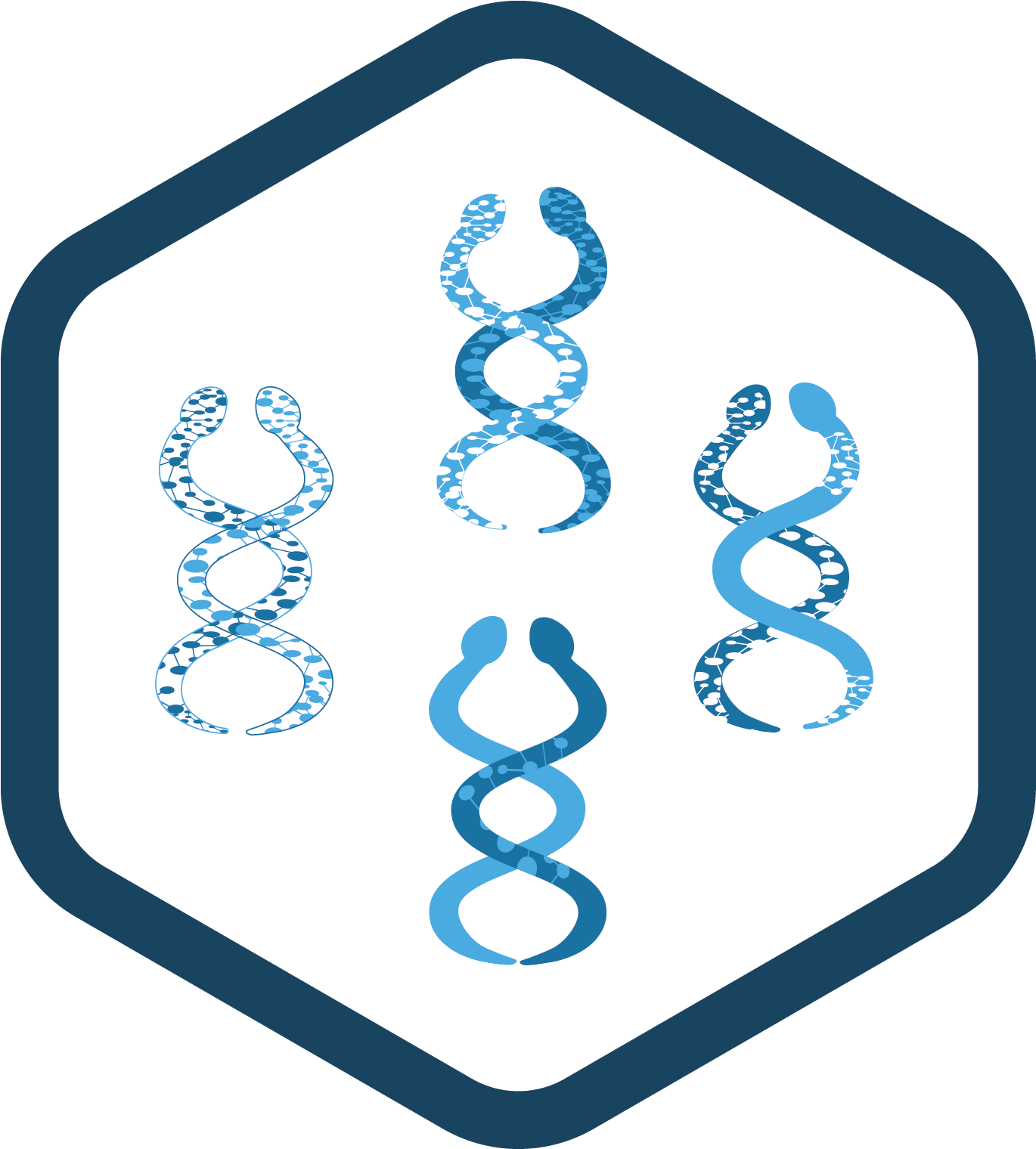
In this module, the participants will learn why and how patients and community can be included in research and healthcare in line with RRI principles.
After the module, the participants will be able to:
- List different levels of public engagement in health care and health sciences research
- Organise information in a form of a database of stakeholders in P4 medicine
- Communicate effectively in multi-disciplinary academic environments
- Develop dissemination strategy taking into account different stakeholders (e.g. patient, politician, medical doctor, potential mentor, colleague…)
- Examine the importance of maintaining and managing well-being of patient/consumer/stakeholder, rather than being focused only on treating the health condition
Module prerequisite(s):
- Teacher: Sandra Kostić
- Assistant: Branka Bernard
- Assistant: Edvin Brusač
- Assistant: Mar Carrió
- Assistant: Andrea Čeri
- Assistant: Andrea Gelemanović
- Assistant: Dunja Glavaš
- Assistant: Lea Jocić
- Assistant: Rosa Karlić
- Assistant: Nela Kelam
- Assistant: Tamara M
- Assistant: Nathalia Rosa
- Assistant: Paula Štancl
- Assistant: Donatella Verbanac
- Assistant: Katarina Vukojević

In this module, participants will learn the basic concepts and technologies behind personalised medicine and custom-made treatments taking into the account the RRI principles.
After the module, the participants will be able to:
- Describe the basic concept and technologies of P4 medicine taking into account the 4 RRI dimensions (anticipation, inclusiveness, openness and responsiveness)
- Evaluate the advantages of using patient-tailored treatment strategies
- Understand how risk factors and individual differences affect prevention, onset, treatment approaches and outcomes of different health conditions
- Consider the RRI key elements in biomedical research and clinical practice
Module prerequisite(s):
- None
- Teacher: Sandra Kostić
- Teacher: Sandra Kostić
- Assistant: Branka Bernard
- Assistant: Edvin Brusač
- Assistant: Mar Carrió
- Assistant: Andrea Čeri
- Assistant: Lea Ćelap
- Assistant: Maja Dobrić
- Assistant: Marija Dorotić
- Assistant: Monika Džimbeg
- Assistant: Vladimir Ercegović
- Assistant: Zrinka Filić
- Assistant: Andrea Gelemanović
- Assistant: Dunja Glavaš
- Assistant: Kamelija Horvatović
- Assistant: Lea Jocić
- Assistant: Rosa Karlić
- Assistant: Tamara M
- Assistant: Nathalia Rosa
- Assistant: Anđela Škarpa
- Assistant: Paula Štancl
- Assistant: Donatella Verbanac
- Assistant: Katarina Vukojević
- Assistant: Lucija Žunić

In this module, the participants will learn to understand the basic principles of different -omics and how it can be applied in predictive medicine.
After the module, the participants will be able to:
- Assess different innovative technologies in P4 medicine taking into account the 4 RRI dimensions (anticipation, inclusiveness, openness and responsiveness)
- Recognize RRI principles in P4 medicine projects
- Propose a P4 medicine research project with the respect to available resources and in line with RRI principles
- Understand the challenge of responsible ethical approach to data handling
- Organise information in a form of a database of stakeholders in P4 medicine
Module prerequisite(s):
- Teacher: Sandra Kostić
- Assistant: Branka Bernard
- Assistant: Edvin Brusač
- Assistant: Mar Carrió
- Assistant: Andrea Čeri
- Assistant: Andrea Gelemanović
- Assistant: Dunja Glavaš
- Assistant: Kamelija Horvatović
- Assistant: Lea Jocić
- Assistant: Rosa Karlić
- Assistant: Karlo Lovrečić
- Assistant: Tamara M
- Assistant: Ira Renko
- Assistant: Nathalia Rosa
- Assistant: Anđela Škarpa
- Assistant: Paula Štancl
- Assistant: Donatella Verbanac
- Assistant: Katarina Vukojević
- Assistant: Lucija Žunić

In this module, the participants will learn the importance of lifestyle in maintaining the well-being and preserving one’s health.
After the module, the participants will be able to:
- Understand the impact of various lifestyle factors on prevention of different health condition
- Discuss the importance of a healthy lifestyle and well-being in line with UN Agenda 2030
- Communicate effectively in multi-disciplinary environment considering RRI principles
- Develop dissemination strategy for various stakeholders
Module prerequisite(s):
- Teacher: Sandra Kostić
- Assistant: Branka Bernard
- Assistant: Edvin Brusač
- Assistant: Mar Carrió
- Assistant: Andrea Čeri
- Assistant: Monika Džimbeg
- Assistant: Zrinka Filić
- Assistant: Eliza Fućak
- Assistant: Andrea Gelemanović
- Assistant: Dunja Glavaš
- Assistant: Karla Gračanin
- Assistant: Lea Jocić
- Assistant: Rosa Karlić
- Assistant: Vida Kufrin
- Assistant: Tamara M
- Assistant: Nathalia Rosa
- Assistant: Margareta Sačer
- Assistant: Petra Struški
- Assistant: Anđela Škarpa
- Assistant: Paula Štancl
- Assistant: Donatella Verbanac
- Assistant: Katarina Vukojević
- Assistant: Lucija Žunić

In this module, the participants will learn why and how patients and community can be included in research and healthcare in line with RRI principles.
After the module, the participants will be able to:
- List different levels of public engagement in health care and health sciences research
- Organise information in a form of a database of stakeholders in P4 medicine
- Communicate effectively in multi-disciplinary academic environments
- Develop dissemination strategy taking into account different stakeholders (e.g. patient, politician, medical doctor, potential mentor, colleague…)
- Examine the importance of maintaining and managing well-being of patient/consumer/stakeholder, rather than being focused only on treating the health condition
Module prerequisite(s):
- Teacher: Sandra Kostić
- Assistant: Branka Bernard
- Assistant: Edvin Brusač
- Assistant: Mar Carrió
- Assistant: Guillaume Fabien Combes
- Assistant: Karla Combes
- Assistant: Andrea Čeri
- Assistant: Andrea Gelemanović
- Assistant: Dunja Glavaš
- Assistant: Rosa Karlić
- Assistant: Nela Kelam
- Assistant: Maria Llerena i Bastida
- Assistant: Carolina Llorente Lope
- Assistant: Tamara M
- Assistant: Ana Marušić
- Assistant: Ozren Polašek
- Assistant: Anita Racetin
- Assistant: Juan Antonio Ruiz Santiesteban
- Assistant: Paula Štancl
- Assistant: Anja Šuta
- Assistant: Ružica Tokalić
- Assistant: Donatella Verbanac
- Assistant: Marin Viđak
- Assistant: Katarina Vukojević

In this module, participants will learn the basic concepts and technologies behind personalised medicine and custom-made treatments taking into the account the RRI principles.
After the module, the participants will be able to:
- Describe the basic concept and technologies of P4 medicine taking into account the 4 RRI dimensions (anticipation, inclusiveness, openness and responsiveness)
- Evaluate the advantages of using patient-tailored treatment strategies
- Understand how risk factors and individual differences affect prevention, onset, treatment approaches and outcomes of different health conditions
- Consider the RRI key elements in biomedical research and clinical practice
Module prerequisite(s):
- None
- Teacher: Sandra Kostić
- Assistant: Branka Bernard
- Assistant: Edvin Brusač
- Assistant: Mar Carrió
- Assistant: Andrea Čeri
- Assistant: Andrea Gelemanović
- Assistant: Dunja Glavaš
- Assistant: Rosa Karlić
- Assistant: Nela Kelam
- Assistant: Maria Llerena i Bastida
- Assistant: Carolina Llorente Lope
- Assistant: Tamara M
- Assistant: Ana Marušić
- Assistant: Renata Pecotić
- Assistant: Ozren Polašek
- Assistant: Anita Racetin
- Assistant: Juan Antonio Ruiz Santiesteban
- Assistant: Paula Štancl
- Assistant: Anja Šuta
- Assistant: Ružica Tokalić
- Assistant: Donatella Verbanac
- Assistant: Marin Viđak
- Assistant: Katarina Vukojević

In this module, the participants will learn to understand the basic principles of different -omics and how it can be applied in predictive medicine.
After the module, the participants will be able to:
- Assess different innovative technologies in P4 medicine taking into account the 4 RRI dimensions (anticipation, inclusiveness, openness and responsiveness)
- Recognize RRI principles in P4 medicine projects
- Propose a P4 medicine research project with the respect to available resources and in line with RRI principles
- Understand the challenge of responsible ethical approach to data handling
- Organise information in a form of a database of stakeholders in P4 medicine
Module prerequisite(s):
- Teacher: Sandra Kostić
- Assistant: Branka Bernard
- Assistant: Edvin Brusač
- Assistant: Mar Carrió
- Assistant: Guillaume Fabien Combes
- Assistant: Karla Combes
- Assistant: Andrea Čeri
- Assistant: Andrea Gelemanović
- Assistant: Dunja Glavaš
- Assistant: Rosa Karlić
- Assistant: Nela Kelam
- Assistant: Maria Llerena i Bastida
- Assistant: Carolina Llorente Lope
- Assistant: Tamara M
- Assistant: Ana Marušić
- Assistant: Anita Racetin
- Assistant: Juan Antonio Ruiz Santiesteban
- Assistant: Paula Štancl
- Assistant: Anja Šuta
- Assistant: Ružica Tokalić
- Assistant: Ružica Tokalić
- Assistant: Donatella Verbanac
- Assistant: Marin Viđak
- Assistant: Katarina Vukojević

In this module, the participants will learn the importance of lifestyle in maintaining the well-being and preserving one’s health.
After the module, the participants will be able to:
- Understand the impact of various lifestyle factors on prevention of different health condition
- Discuss the importance of a healthy lifestyle and well-being in line with UN Agenda 2030
- Communicate effectively in multi-disciplinary environment considering RRI principles
- Develop dissemination strategy for various stakeholders
Module prerequisite(s):
- Teacher: Sandra Kostić
- Assistant: Branka Bernard
- Assistant: Edvin Brusač
- Assistant: Mar Carrió
- Assistant: Guillaume Fabien Combes
- Assistant: Karla Combes
- Assistant: Andrea Čeri
- Assistant: Andrea Gelemanović
- Assistant: Dunja Glavaš
- Assistant: Rosa Karlić
- Assistant: Nela Kelam
- Assistant: Maria Llerena i Bastida
- Assistant: Carolina Llorente Lope
- Assistant: Tamara M
- Assistant: Ana Marušić
- Assistant: Anita Racetin
- Assistant: Juan Antonio Ruiz Santiesteban
- Assistant: Paula Štancl
- Assistant: Anja Šuta
- Assistant: Ružica Tokalić
- Assistant: Donatella Verbanac
- Assistant: Marin Viđak
- Assistant: Katarina Vukojević